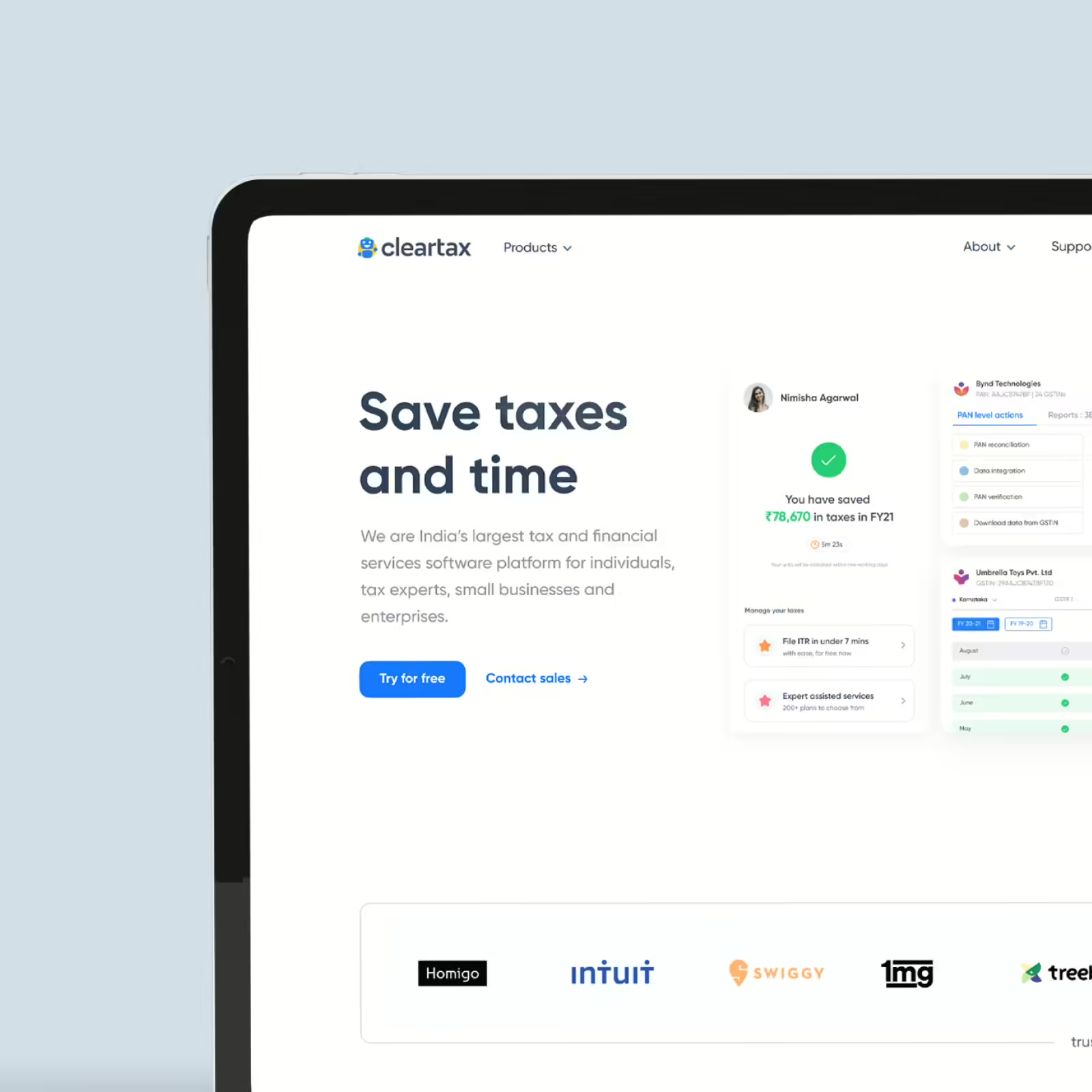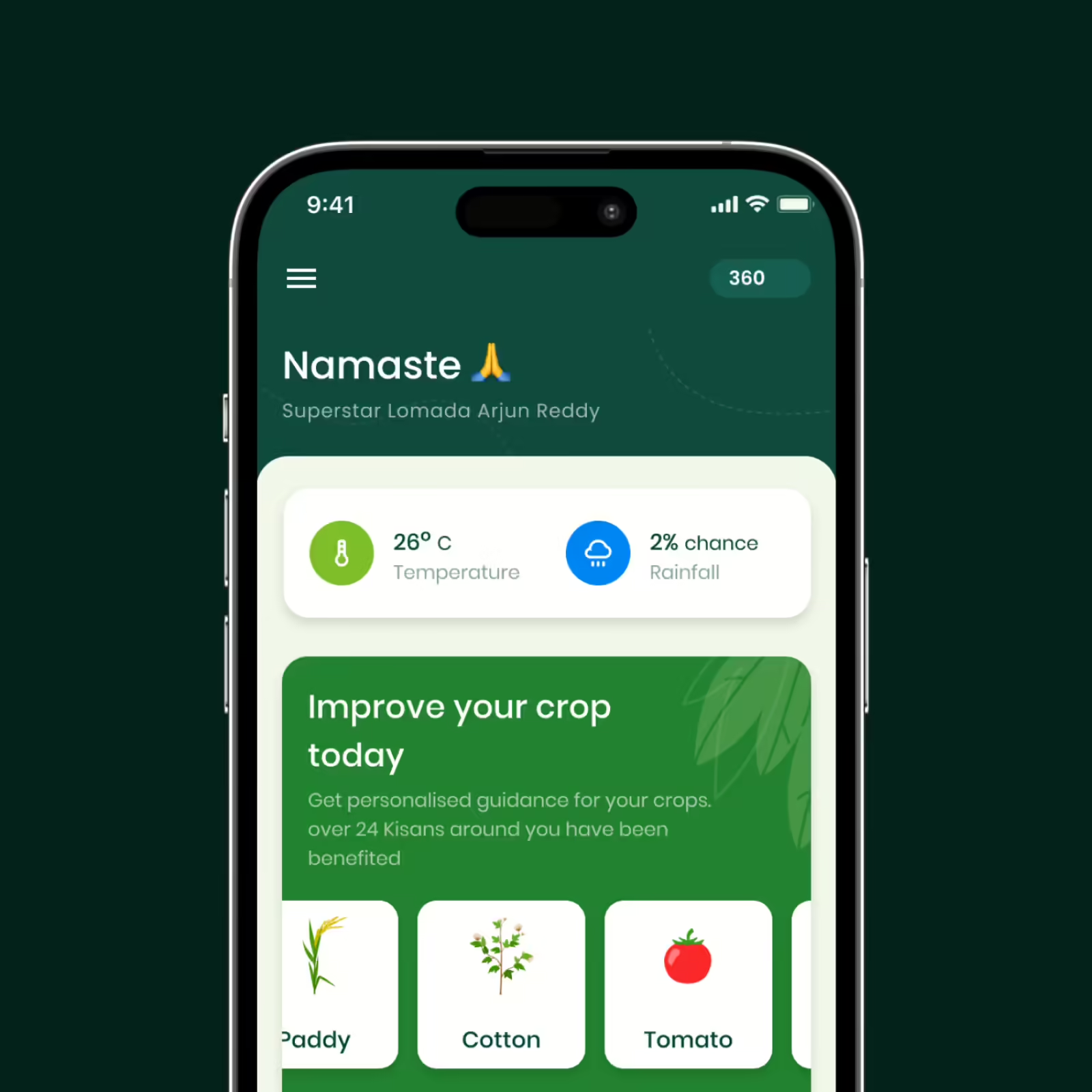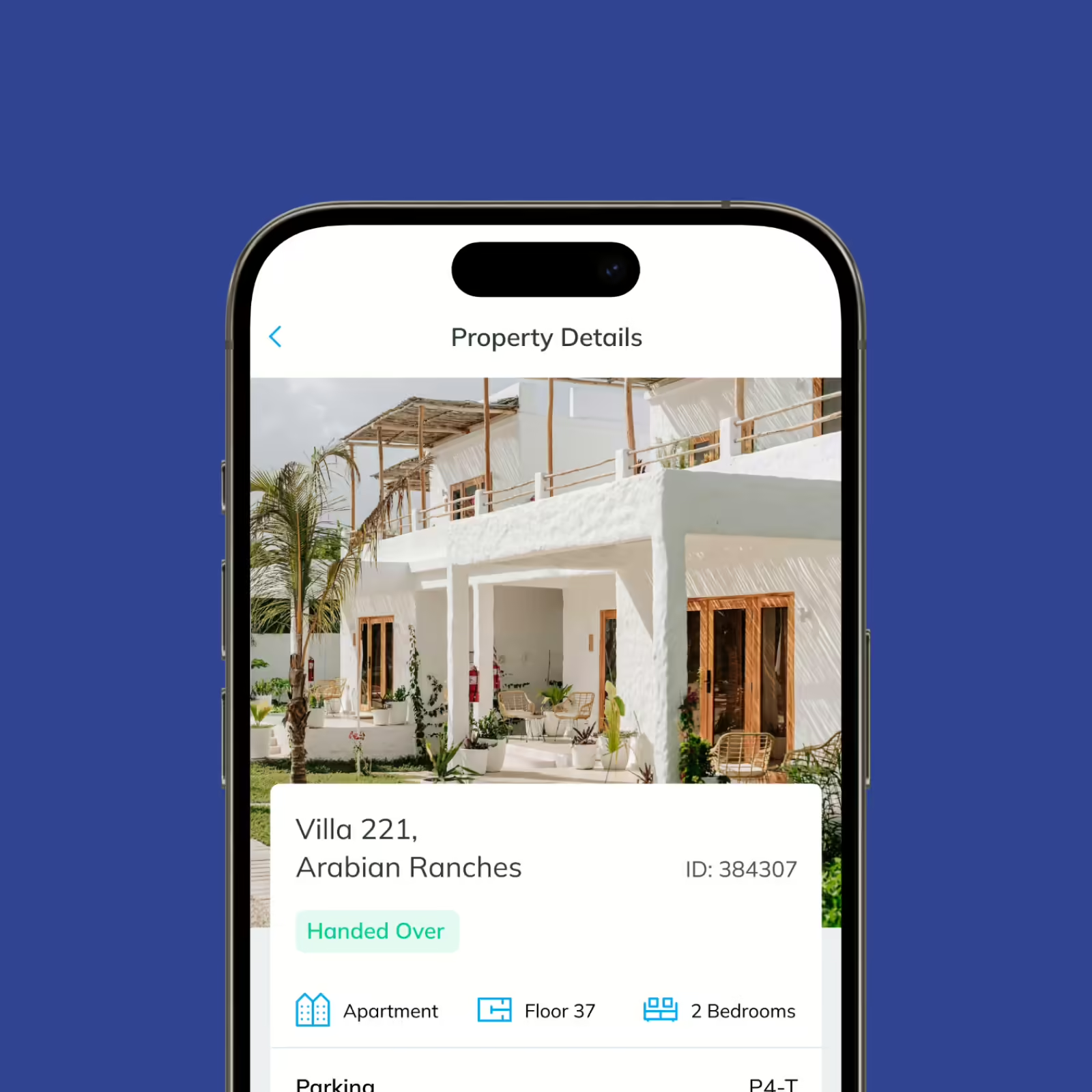What is
Usability Testing?
Usability testing is the process of evaluating the usability or “user-friendliness” quotient of a platform (website/app/software) by testing it with a group of target users. Usability testing methods are designed to ensure that a product’s target users are able to access the right information & complete tasks easily on that platform. During a typical usability test, target user groups are asked to complete tasks, while the observers note their reactions, responses, & take notes.
How can usability testing
help UX design?
Usability testing methods provide designers crucial information & insights on usability & overall user experience of a product, directly gained from the target users. The biggest advantage of usability testing methods in UX design is that it enables deeper & better understanding of what issues your target users are facing while using your product, & how can designers better empathize with them to design more fulfilling experiences.
By using usability testing, we include users as core design-decision makers in the design process. This step in UX research & design goes beyond the perceptions of designers & the stakeholders by involving target users in the design thinking process.
Usability Testing methods
- Guerilla testing
- Lab usability testing
- Remote usability testing (unmoderated)
- Contextual inquiry
- Phone interviews
- Card sorting
- Session recording
How is usability testing
done?
- UX researcher facilitates the usability testing session by asking participants (from target user groups) to perform certain tasks on chosen interfaces.
- While the participants are completing these tasks, the researcher/facilitator observes their reactions & records them.
- The observer makes a note of areas of confusion/difficulties faced by the users’ while completing the tasks & listens to feedback given by the users.
- These usability testing methods shed light on problem areas, hidden opportunities to improve the product, & understand target users.




